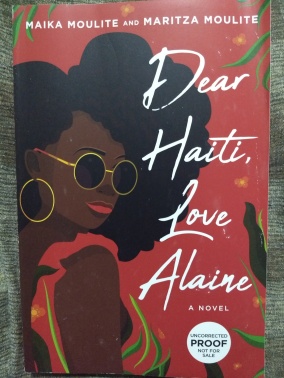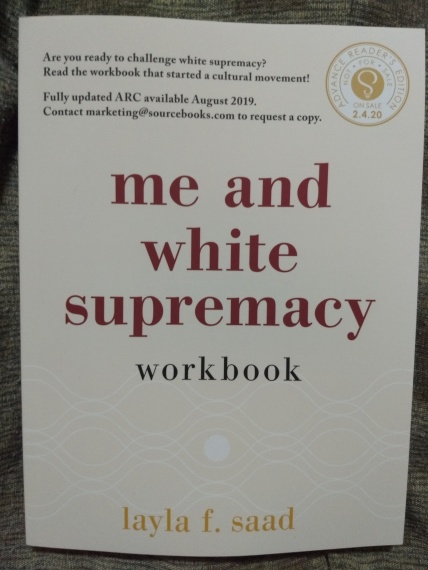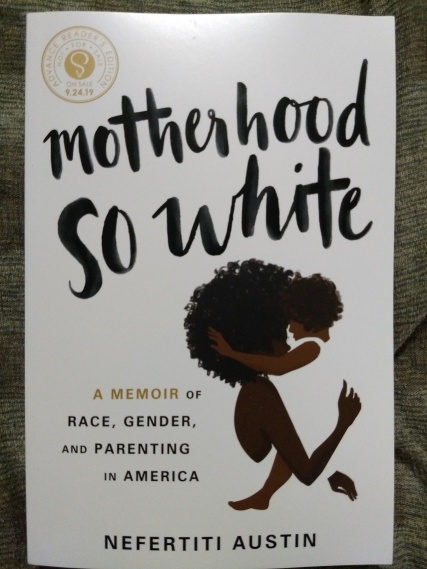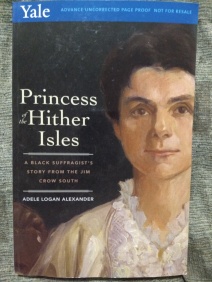
On the bluffs of Halifax, Nova Scotia a group of freed slaves made a settlement for themselves in the late 1800's, eventually dubbed Africaville. Since then, the community grew; although they remained on the outskirts of town. In 1933, Kath Ella Sebolt is looking for a way out. A scholarship to a a college in Montreal is her ticket, however trouble with her best friend Kiendra and a pregnancy with Omar Platt's child could complicate matters. Kath Ella wants more for her son, Etienne than she had. Etienne does well for himself, but often struggles with the fact that he is what people would consider 'colored.' Etienne's son Warner, now in Alabama is surprised to learn who his grandparents were and finds himself tied back to the small community in Nova Scotia.
Africaville is a family saga that captures to trials of four generations of a family in North America. I was very interested in the community and it's foundations in Canada. Picking up in the 1930's with Kath Ella, the story was able to depict the many different ways that racism was able to encroach on the residents of Africaville, from limited opportunities for education and jobs to violent retaliation. For Kath Ella's son and grandson, the focus turns more on identity. Colvin was able to capture the complex emotional turmoil of two men coming to terms with who they are. One of the most interesting characters in the story for me was Zera, Omar's mother. Zera was jailed for a protest and made the difficult decision to send her son to relatives in Africaville. In a way, it is her legacy that pulls the other three generations together. I would have loved to know more of her story and the events that led up to her arrest. I would have also appreciated more information on the families that founded the town on the bluffs and how they came to settle there. Overall, a sweeping family story of a group of people that history has forgotten.
This book was received for free in return for an honest review.

 Log in with Facebook
Log in with Facebook 



































